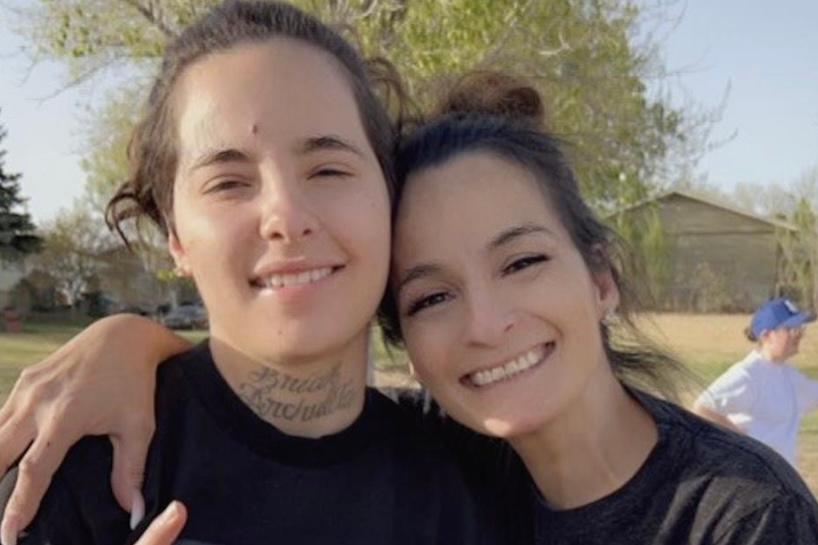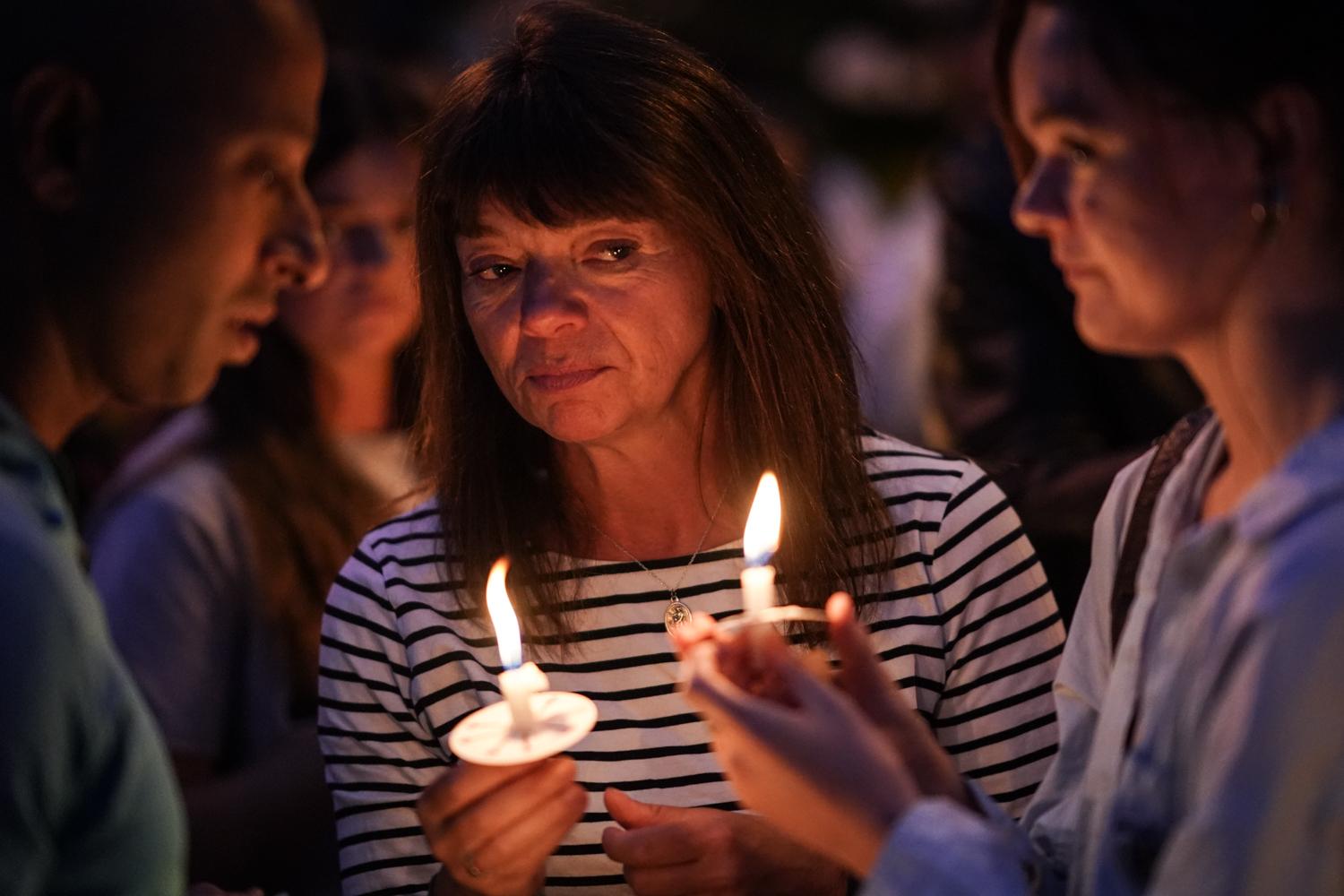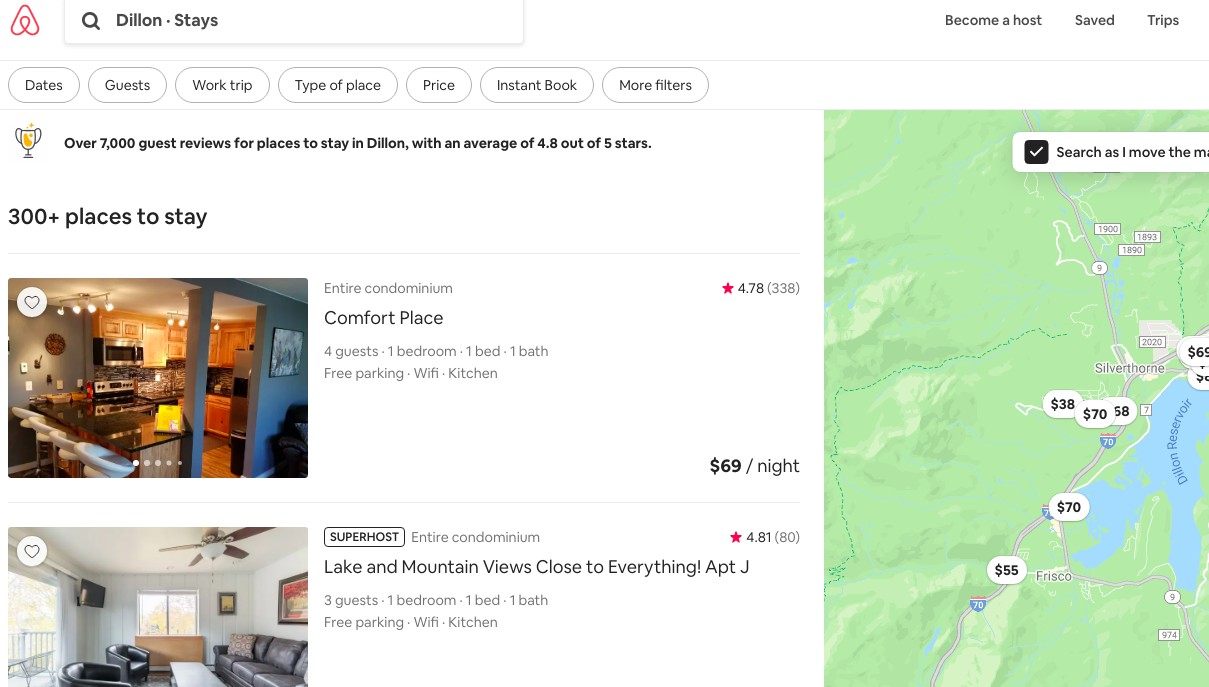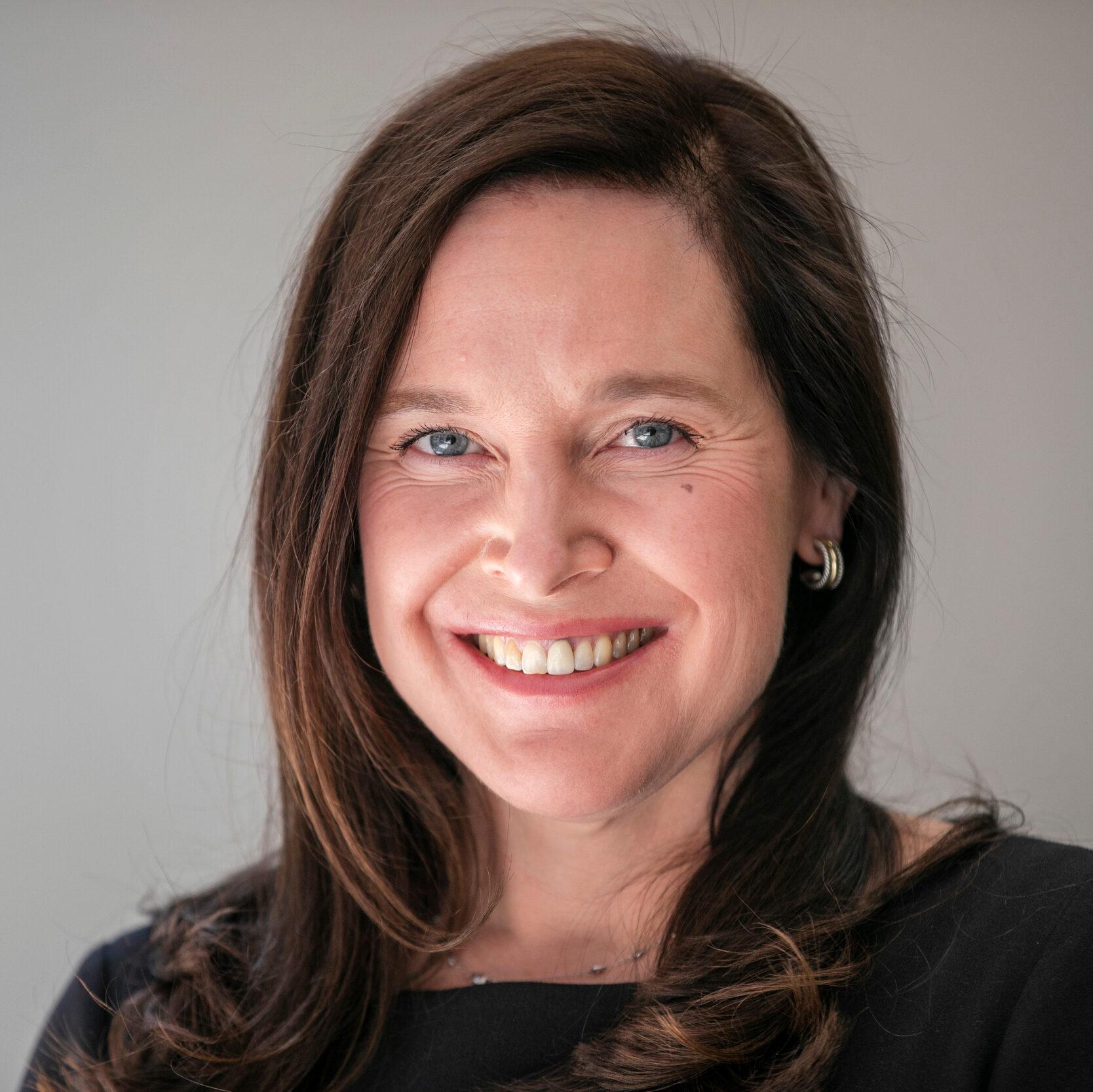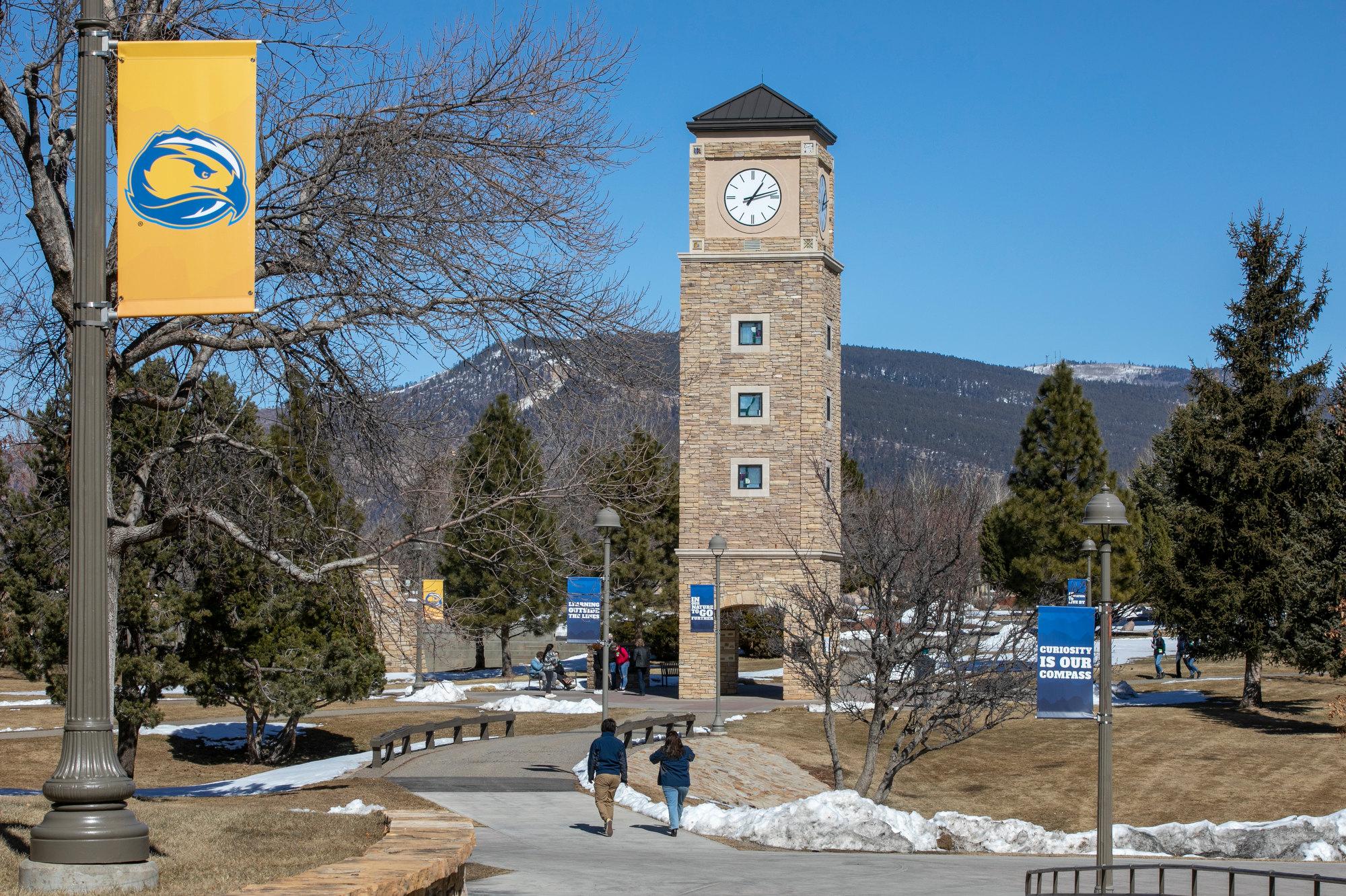
Finding a place to live in a ski town like Durango is always tough. But it’s especially difficult when you’re a broke college student.
That’s a problem Stella Zhu is trying to solve in southwestern Colorado, where she’s the first-ever “basic needs coordinator” for Fort Lewis College. Since starting the job last year, she’s helped the school create a “rapid rehousing” program that has helped dozens of students avoid homelessness.
“I think we have this idea of the struggling college student as a stereotype … and that shouldn’t be it,” she said. “You shouldn’t have to claw your way through a degree.”
When the college surveyed about 1,000 students in 2019, it found that nearly 30 percent had experienced a form of homelessness in the last two years — whether they were living in their car, outdoors or at friends’ houses.
Besides the usual lack of affordable housing in a small, remote city, Zhu said, “there’s a lot of open discrimination against renting to students.” And the challenges are especially magnified at a school where nearly half of students are the first in their family to attend college, and a third are eligible for Pell grants — far more than at large universities like CU Boulder. About 4,000 students attend the school.
With the college now on winter break, Zhu expects to see more students than usual asking for help.
“A lot of leases end right now, residence halls close, and a lot of our students don’t have anywhere to go,” she said.
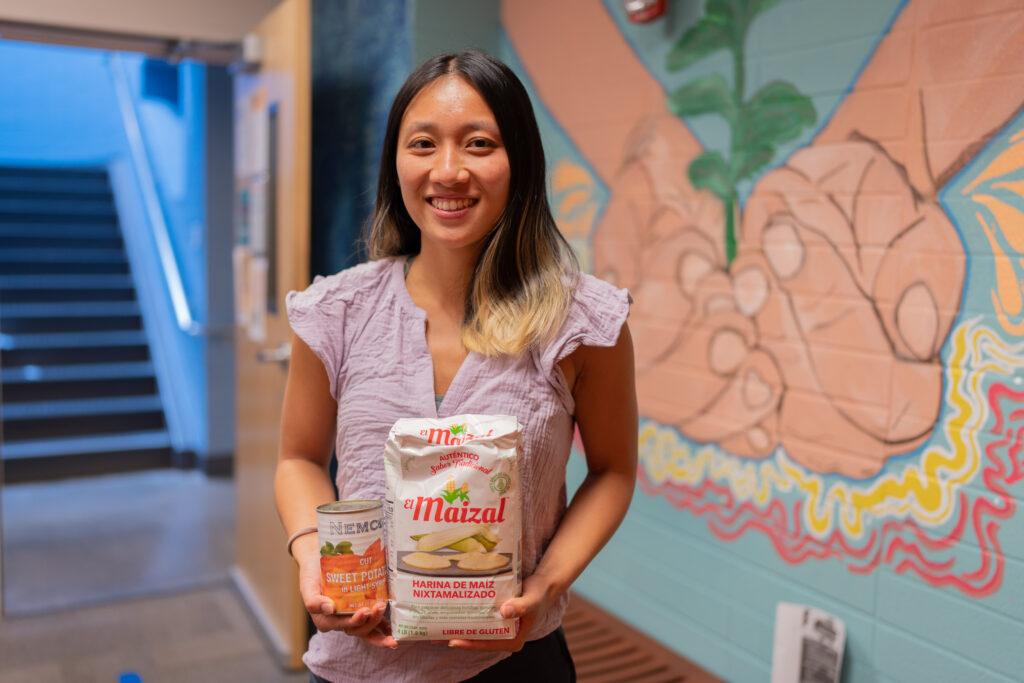
The school’s new housing program aims to find those students a bed as soon as possible. Often, they’ll move into the college’s new temporary housing unit — a single apartment that the college has converted into short term housing for up to eight people.
The housing is provided free-of-charge for as long as it’s needed, but the goal is for students to move into a more permanent situation within two weeks. The college also pays for emergency hotel stays.
Zhu says the program is an example of how colleges and universities are realizing that they have to help students survive the financial challenges of getting an education. For example, in California, every community college now must hire a coordinator like Zhu and create a “basic needs center.” Colorado doesn’t have that kind of law, but CU Boulder has launched its own basic needs program and numerous Colorado schools operate food pantries for their students.
“There’s this recognition that going to college now is a lot more than just going to class,” she said.
While Fort Lewis students stay in temporary housing, Zhu’s team is constantly looking wherever she can for private-market options. “There are very few property managers that are willing to work with students. A lot of it comes from scouring Facebook Marketplace or Zillow,” she said.
The college helps students with all sorts of costs, from application fees to rent and utilities, as they move into their new homes, with students taking on more of the expense as they’re able. It’s a “housing first” model, Zhu said.
The college also offers employment guidance, assistance with government benefits and more.
In its first three months of operation, the program has helped 42 students, or about 1 percent of Fort Lewis College’s student body. Most needed help with their housing search, while 14 were provided with temporary housing. Ten students also got financial assistance.
The students who needed temporary housing stayed for an average of one week, although two have stayed for more than a month. “Those students are dealing with a lot of barriers in their life beyond just finding housing,” Zhu noted.
Editor's note: This article was updated on Jan. 4, 2023 with additional details about a Fort Lewis College survey.

